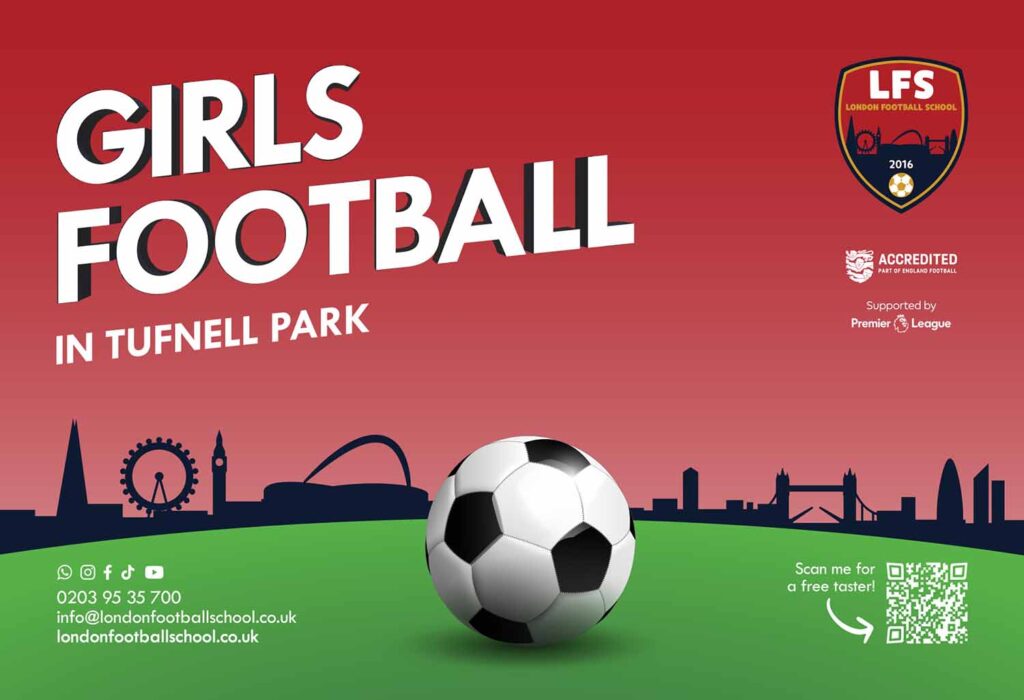An anonymous round-up of things to think about if you do need legal advice
When you go to a doctor, the idea is generally that what they do for you makes you feel better. The same does not apply to a lawyer. What they do is mostly about preventing things going wrong (conveyancing for example), or settling a disagreement you haven’t been able to resolve any other way. Sometimes the cost can feel wasted.
But the price of trying to do it on the cheap can be eye-watering, so it is worth finding someone good. That can be tricky because, just as in any other role, there are lawyers who are good, and lawyers who aren’t.

Finding the Right Practitioner
In a legal practice the rough rule of thumb is that a third goes on salaries, a third on premises and a third for profit. If you go to a firm with central London offices, you are going to be paying for those, so it’s worth looking for good people working outside the centre, perhaps who did work there, but didn’t like the pressure to keep billing.
If you have no other leads you could consider Keystone which is a virtual law service. Better though, is to ask around. Chat to a lawyer about a legal issue and nine times out of 10 it will be ‘not my area of law’. But they might have a suggestion.
If you have family outside London think about looking for a firm there. In smaller communities the reputations of different firms are often better known, and as long as you think the person making the recommendation is reliable, worth following up.
If you want a commercial lawyer, the annual source is a publication called Chambers. For personal issues like wills, conveyancing etc however, there isn’t an equivalent.
An idea from Amy Silverston, who needed a specialist in seeking international financial compensation, is to phone the legal press. She called www.thelawyer.com and asked for the news desk before picking the brains of the journalists. You could also try www.lawgazette.co.uk or www.lawnews.co.uk, and ask the reporters who they rate in the field you need help.
Be clear about the outcome you are looking for and check that the lawyer believes it is achievable.
To do that more formally you could think about consulting a junior barrister. They are detailed at the Bar Council’s Direct Access portal – www.barcouncil.org.uk/bar-council-services/for-the-public/direct-access-portal.html. They are qualified to:
- provide expert legal advice about the merits and potential outcomes of your case;
- assist with drafting correspondence;
- help to draft statements from litigants and witnesses;
- draft formal court documents;
- advise on suitable experts and draft instructions to expert witnesses;
- offer advice on the next steps to be taken in proceedings;
- assist in trying to resolve your case;
- represent you in court.
But in the event of litigation you have to handle the day to day management of the case yourself.
A consultation shouldn’t take more than an hour, rates for a junior in 2021 were reported £200-£250 for an hour so now probably closer to £300, and you can go to chambers specialising in the kind of issue you are looking at.
Costs
Try to be clear about costs in advance. If there is a dispute, a key point is, will it cost you more to use a lawyer than to settle the issue without one?
It’s unlikely a set fee is the way to go. Just as with builders and completion clauses, it usually means a higher price – though there are always exceptions.
Do be clear about what you want done, and what you don’t. Some lawyers can add considerably to the chargeable hours by looking into side issues which for you aren’t important. And make it clear that they should not consult other professionals without your express advice. A lawyer dealing with probate might consult the accountant, who will then also charge, even though you could provide all the information yourself.
Within a firm be clear about who is doing the work, who will be your main contact, and who will be signing off on the work. Much of the processing is handled by junior lawyers, who may not know what they are doing. That work needs to be checked so who will be doing the checking?
How much should you pay? In the City lawyers can charge as much as £1,200 an hour. Elsewhere anyone charging less than £100 an hour you shouldn’t touch with a barge pole. Around £400 an hour is normal. The trick is not to rack up too many hours.
Should you opt for no win-no fee? Yes, if it will require going to court and you’re not minted. The process is eye wateringly expensive – one of the reasons the oligarchs and friends make such extensive use of it: most people simply don’t have the resources to match their spend so are beaten before they even start. Even if you win big and the other side has to pay your costs, you still end up with at least 10% of them, which can run into a six figure sum. And that assumes that the other side don’t declare bankruptcy (having shifted their assets elsewhere), or simply skip the country.
Small Claims is a little different, being for small-ish financial issues. It is a no cost jurisdiction unless you or the other side have been needlessly obstructive or difficult. Generally individuals handle this themselves as the cost of a lawyer would probably outweigh the money you might get back. However, do read the court directions and follow them carefully. And be consistent in the information you provide to the court at each stage.

Problems?
Austerity has impacted the legal system almost more than anything else. Spending was not ring fenced and as this is written, there is a backlog of cases in the London High Court because for a month there was no money to pay the judges.
That means that whatever court you are in, you might find the judges have not had time to read the papers, and that alone can put you at a disadvantage. If you possibly can, try to settle before you get to court.
If you have concerns about what your lawyer is doing, including racking up fees for no good reason, phone the ombudsman – www.legalombudsman.org.uk – and without naming names describe your problem and ask if they think there is a case to answer. If the answer is that there is, revert to the lawyer and explain that unless they put it right, you will be submitting a formal complaint. Most lawyers will do a very great deal to avoid that happening, including reducing fees. Failing that, obviously submit the complaint.
However, if you have used the Direct Access Portal to find a barrister, this does not action complaints against barristers. Instead it instructs any member of the public wishing to complain about the service they have received to contact the barrister directly, requesting a copy of the barrister’s complaints procedure.
Best though is to avoid the problem in the first place, choose your lawyer with care, and be clear about what you are trying to achieve.
